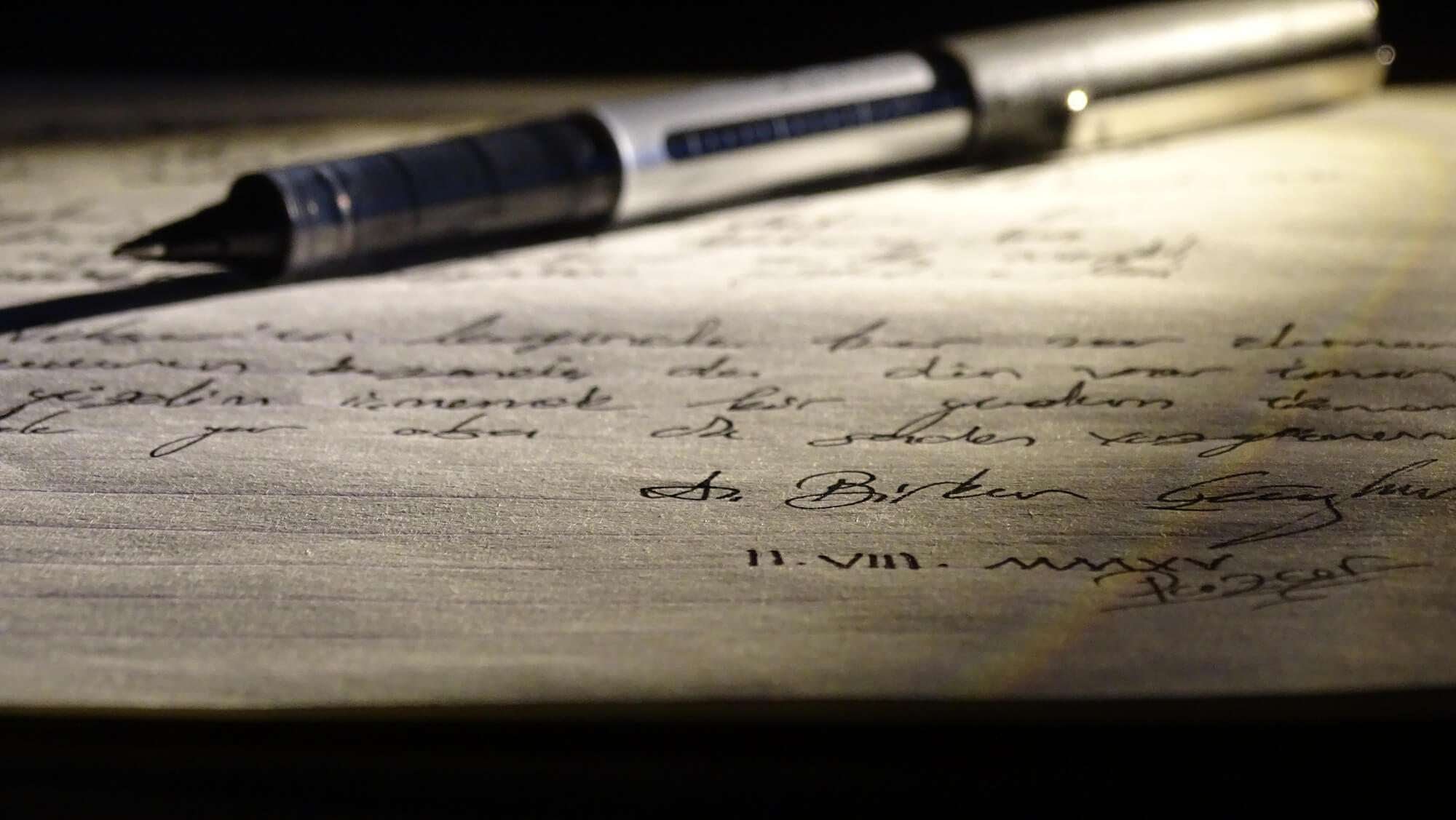ANCHORING TECHNOLOGY IN GRECO-ROMAN ANTIQUITY
‘Anchoring Innovation’ is a Dutch research program in Classics that studies how people deal with ‘the new’ (http://www.ru.nl/oikos/anchoring-innovation/). We want to understand the multifarious ways in which relevant social groups connect what they perceive as new to what they feel is already familiar (‘anchoring’). In this conference, our focus will be on technological innovations in classical antiquity, and the ways in which these became acceptable, were adopted, and spread – or died an unceremonious death.
Technology is here understood in the widest sense of the word: it includes building materials and techniques, technical procedures and products, but also information technologies such as writing and calculating, coinage, medicine and military technology. Greco-Roman antiquity offers an ideal testing ground for understanding technological change in a complex, yet non-modern society: it is richly documented (both in the written record and in material remains), and the ‘sources’ are complex but also well-disclosed, which enables us to tackle complex research questions.
Our conference on ‘anchoring technology in Greco-Roman Antiquity’ will bring together students of the ancient societies of Greece and Rome and specialists in the various disciplines that address the spread and adoption of technological innovation in the modern world: economists, sociologists, anthropologists, marketing specialists, psychologists, and philosophers studying the implications of technological innovation. It is the express aim of the conference to facilitate a mutually beneficial dialogue between all these disciplines. On the one hand, we will explore how insights and results from the social sciences and ‘technology and society’ studies may be made productive for the study of an early historical period. On the other hand, we will explore how the data and methodologies that are specific to classical studies may make contributions to the social sciences, both conceptually and in terms of a diversification of empirical data and research strategies.
We invite abstracts for papers of 30 minutes from classicists, ancient historians, ancient philosophers and archaeologists of the Greco-Roman world. We welcome papers dealing with methodological and conceptual issues as well as papers presenting specific case studies. A team of social scientists, such as described above, will be invited to provide introductions on the state of the art in their respective disciplines and to respond to the classics papers. The conference is organized by Prof. André Lardinois and Dr. Stephan Mols, both of Radboud University, Nijmegen. They are supported by an advisory board, consisting of Prof. Wiebe Bijker (Maastricht), Dr. Miko Flohr (Leiden), Prof. Ineke Sluiter (Leiden), Prof. Liba Taub (Cambridge) and Prof. Teun Tieleman (Utrecht).
Those interested in presenting a paper are requested to submit an abstract of c. 300-500 words with a select bibliography, as an email attachment (Word or PDF) to the coordinator of the Anchoring Innovation project, Aniek van den Eersten (anchoring@let.ru.nl) no later than 31 January 2020. Further information about the conference can be obtained from the two organizers, André Lardinois (a.lardinois@let.ru.nl) and Stephan Mols (s.mols@let.ru.nl). Selected papers will be considered for publication.
‘Anchoring Innovation’ is supported by a 2017 Gravitation Grant (Ministry of Education and the Dutch Research Council NWO); please see our website for further information and bibliographical references.
---
(Photo: "Handwritten" by A. Birkan, licensed under CC BY 2.0)

